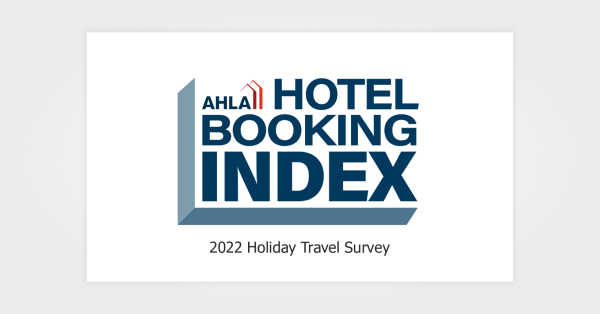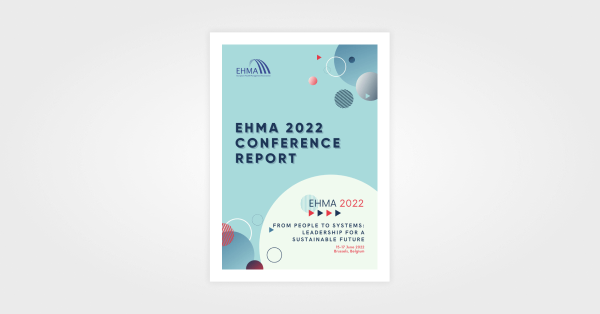The future for hotels is uncertain due to headwinds.
In spite of rapid expansion and a greater than anticipated recovery in demand in 2022, the recovery in the UK hotel sector is predicted to come to an end in 2023 due to ongoing trading conditions volatility and growing operational expenses. However, as the PwC UK Hotels Forecast 2022–2023 demonstrates, the fortunes of hotels in London and those in the UK regions will differ.
By the end of 2023, it is anticipated that London’s revenue per available room (RevPAR) will have increased by between 101% and 105% from pre-pandemic levels.
However, RevPAR is less certain in the regions, where the UK domestic corporate and leisure demand is more strongly driven by GDP, which is predicted to fall close to zero in 2023. In these regions, RevPAR is expected to reach between 85% and 98% of pre-pandemic levels by the end of 2023 in real terms.
Along with workforce shortages and supply chain disruption, rising interest rates, inflation, and the cost of energy are still the main concerns preventing the industry from recovering. The cost of living crisis is also continuing to have an impact on consumer confidence, but current projections indicate that inflation will return to 3.6% by the end of 2023, beginning to relieve some of that pressure.
Despite the fact that many hoteliers returned to zero-based budgeting during COVID-19, this is currently being reconsidered due to the effects of inflation. Up until now, hotels have been able to handle rising costs by raising room rates, but now they must discover new efficiencies in areas other than energy, such as payroll and the supply chain.
Cash is still king, and during a downturn it is more crucial than ever to address fundamental priorities. This includes actively controlling cash flow and the cost base, thinking about reorganizing the balance sheet, and negotiating with lenders to modify covenants or lending facilities.










